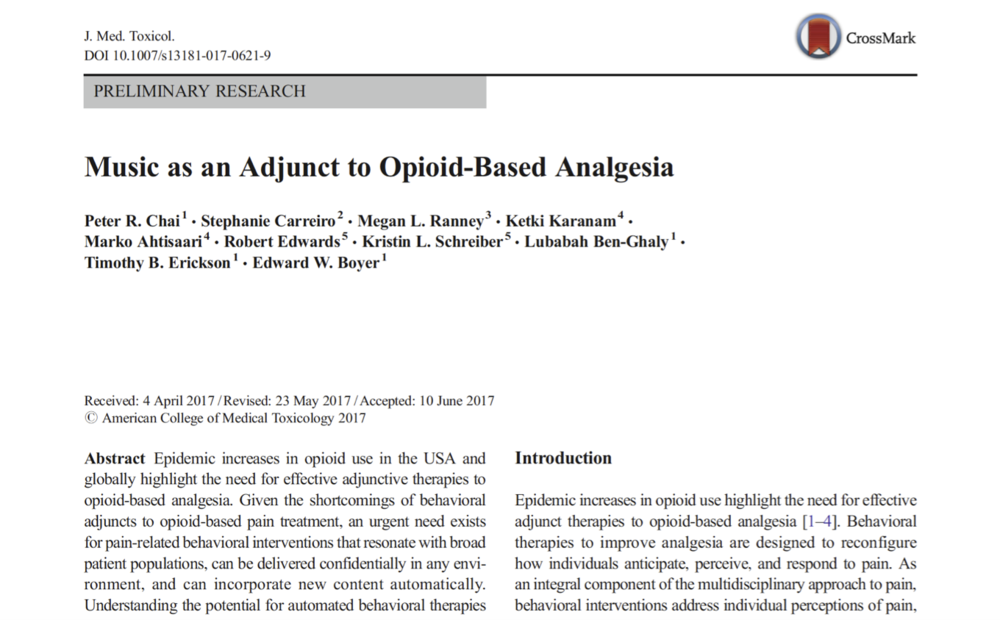
The Trump administration’s emergency declaration brings the opioid epidemic into focus. The declaration may enable deployment of addiction specialists and training for providers on the front lines. Physicians are changing their prescribing patterns. But underlying the opioid crisis is a pernicious problem: patients’ pain. For many people, access to prescription opioids are the gateway to addiction.
We can't eliminate the use of opioids altogether. Opioids provide some of the most effective forms of pain control available in our therapeutic arsenal. Casting away opioids entirely could subject many people to levels of pain we now consider barbaric.
So what are we to do? To stem the tide of newly addicted patients, we need to consider why opioids work so well, as compared to drugs like ibuprofen and aspirin. Opioids specifically target the nervous system both near the site of injury, as well the brain more directly; the other analgesics largely target inflammation, which has a more indirect effect on brain function. This brain-specific targeting of opioids leads to their highly addictive properties, as the drugs co-opt our brain's reward system.
Understanding this facet of opioid action suggests new ways we can address pain: combining non-opioid analgesics with other non-pharmacological therapies which target the brain. One of the most promising approaches is the use of music for pain management.
We at Sync Project have developed for ameliorating pain. We are confirming the efficacy of personalized music as an (as has already been ). Furthermore, music has been used to manage pain for centuries and, more recently, a strong evidence base in music therapy has shown music to be an effective treatment for pain. Working with some of the world’s top neuroscientists and musicians, we at Sync Project also seek to validate the neural mechanisms by which personalized music is providing relief.

While we’re focused on developing personalized music programs for pain management, other non-pharmacological modalities show promise. One modality is virtual reality (VR), with which in pain severity scores. Mindfulness-Based Stress Reduction (MBSR) techniques, which were originally developed to help patients with chronic pain, are also being tested in large-scale clinical trials.
Click here for more information on the opioid epidemic. If you would like to participate in any trials or releases from Sync Project, please sign up here.
Written by Alex Goddard and Alex de Raadt
